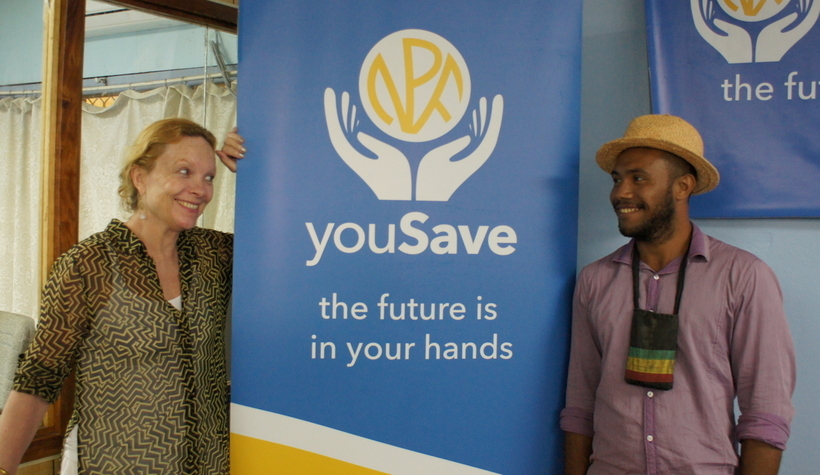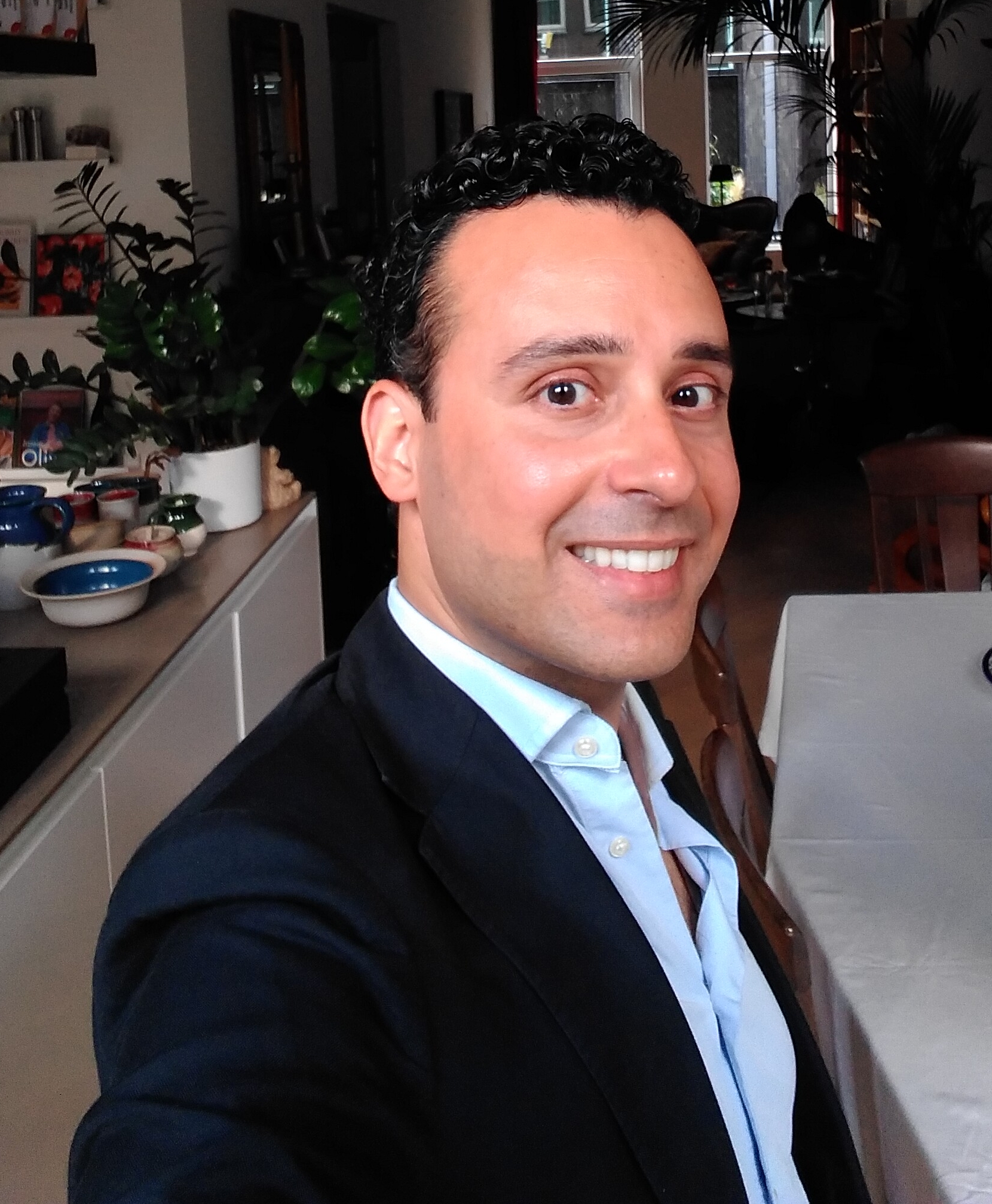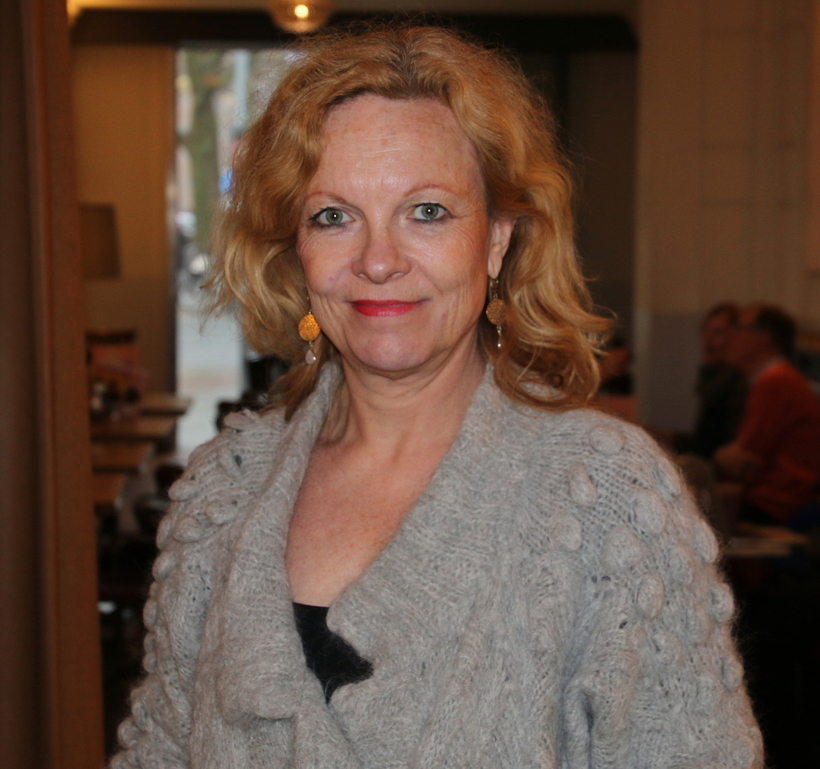Established in 2004, WorldGranny exerts itself on self-reliance and empowerment of older people in emerging countries. Holding Economic and Social Council consultative status to the United Nations, the NGO experienced a total turnover of nearly €7 million which has been invested in numerous small scale projects in Africa, Asia and Latin-America in the last decade. Commissioned by the United Nations, WorldGranny’s founder, Caroline van Dullemen, is currently working in favour of micro pensions in the Pacific. In this article, she sheds more light on the matter.
“Major progress has been made since then”, says Caroline referring to a report released by the International Labour Organisation (ILO) in the year 2000, disclosing the alarming exclusion of 90% of the world’s working age-population from old age pension schemes.
“In most nations in the world, pension systems consist of three pillars: state or social pensions, a labour contract related company pension and, finally, own capital such as savings, insurances etc. In the last 20 years, particularly when it comes to pillar number one, almost 100 countries have introduced such social pension schemes”.
Nonetheless, while on a global scale it is cumbersome for men and especially women in old age to survive only by means of their own savings and family support, in many emerging nations, there are hardly voluntary pension schemes available for informal workers. Yet, all figures suggest that the most significant part of the population in emerging countries are either homeworkers or active as small entrepreneurs. “In this respect, new technologies, the mobile phone penetration rate and the rise of mobile payment have paved the way for a new addition to the third pillar, known as micro pensions”, Caroline expounds.
Demographic shifts
Micro pensions are, by extension, best described as assets saved and invested for the benefit of income in old age. In this, an important point to note is that in many emerging nations, there is already mention of several grassroots associations enabling members to save for the sake of aid. However, experience has shown that such informal saving schemes do not possess enough elasticity or resilience to cope with the ongoing global demographic shifts, notably because this money is not properly invested. Says Caroline: “According to the UN, the definition of old age enters into force by the age of 60 and older —at present, one in five of the global adult population is over 60 years of age, whilst life expectancy keeps rising. By 2050, not only is this number expected to have doubled, but 80% of this target audience will likely be living in Asia, Latin America or Africa ”.
While in the past, emerging nations were often characterised by large families in which adult children would eventually take care of the older generation, the respective demographic shifts plus declining birth rates are steadily putting an end to this. “So, in order to have a lasting impact, savings need to be invested to yield interest”, Caroline clarifies. “Micro pensions are thus a move from informal savings to smart savings”.

From Melanesia to the world
At the moment, the United Nations Capital Development Fund (UNCDF) is executing a micro pension pilot in the Pacific, to be exact in the subregion of Melanesia, comprising the small island states of Fiji, the Solomon Islands and Papua New Guinea. As Caroline illustrates: “Presently, these countries provide meagre old age pensions only geared to those in the formal sector —by contrast, nearly 80% of this region’s population falls into the informal branch”.
This is where the team from the Netherlands and the Pacific Financial Inclusion Programme (PFIP) make their entry. Operating from the UNDP office in Fiji with branch offices in Papua New Guinea, Samoa and the Solomon Islands, the PFIP has solid experience having aided over 1.78 million low-income Pacific islanders in the last years. The initial ongoing pilot phase was deemed very successful indeed. “People are queuing early in the morning to get more information”, Caroline assures. What is more, the project allows for potential replication in other emerging nations and the rest of the world and is considered to be the next step in financial inclusion. “If it weren’t for all the encapsulated legislations, I’d love to implement this in the Netherlands”, Caroline says. “Especially self-employed people would benefit from the insights and knowledge we’ve acquired so far from and thanks to the inhabitants and partners in the Pacific”.
Meanwhile, Caroline has defended her PhD research on The Politics of Aging: The risk of Old Age Poverty in Emerging Countries. “The latter has anchored my primary concern to keep educating people that ageing is a global predicament. The saying goes: emerging countries will become old before they become rich —therefore urgent and purposeful action is needed”.
Originally published at www.huffingtonpost.com


